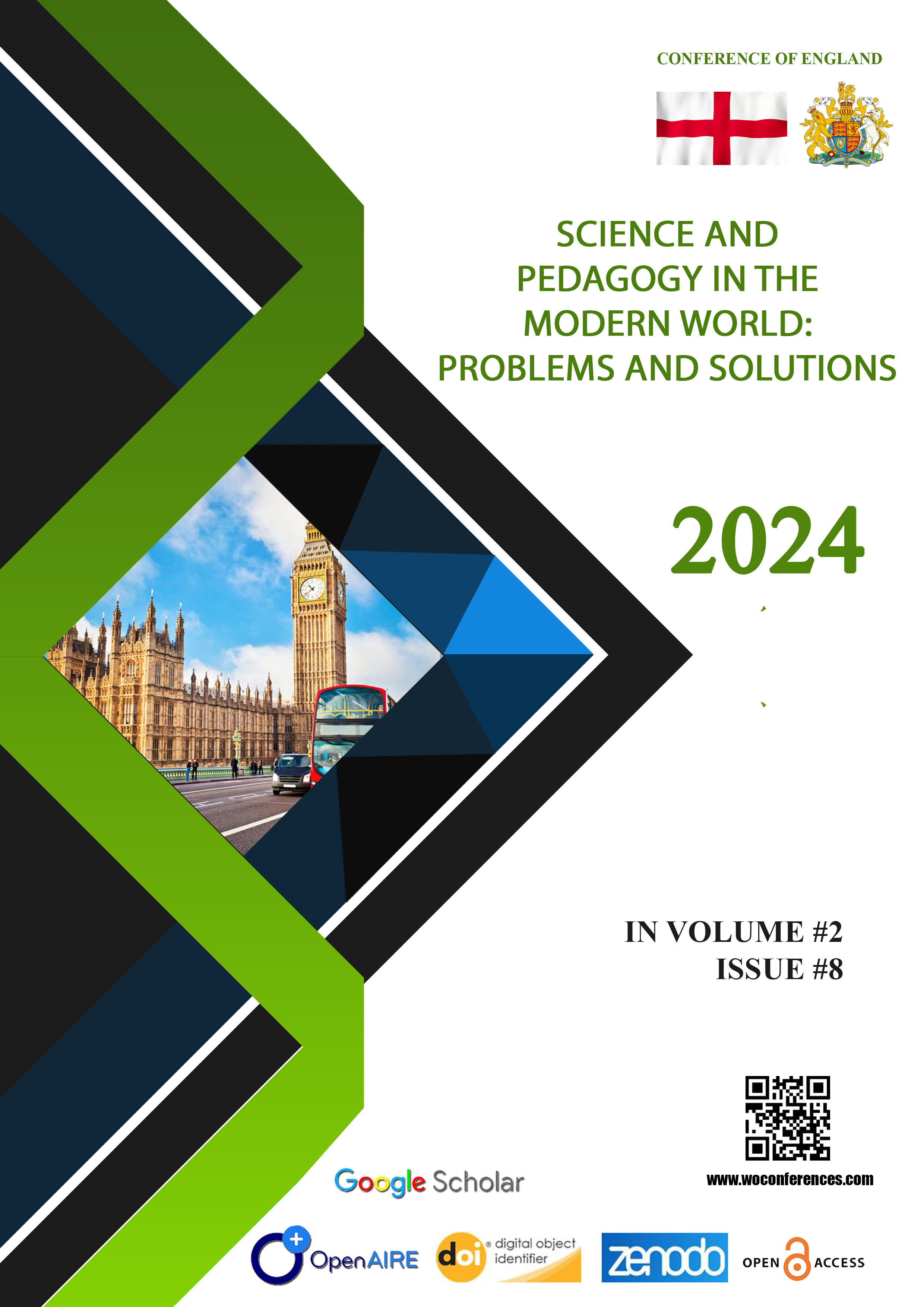THE POTENTIAL OF ARTIFICIAL INTELLIGENCE AND BLOCKCHAIN IN ENHANCING CITIZEN PARTICIPATION IN UZBEKISTAN’S POLITICAL SYSTEM
Abstract
This thesis explores the potential of Artificial Intelligence (AI) and blockchain technologies to enhance citizen participation in Uzbekistan’s political system, focusing on their application in electoral processes. It examines how these technologies can improve transparency, accessibility, and trust, addressing challenges such as low digital literacy, infrastructure limitations, and public skepticism. Through a mixed-methods approach, including comparative analysis, surveys, and case studies, the study assesses global best practices and Uzbekistan’s context. Recommendations include pilot projects, digital literacy programs, and legal reforms to integrate AI and blockchain, fostering greater civic engagement and aligning with Uzbekistan’s democratic and digital transformation goals.
References
1. Nakamoto, S. (2008). Bitcoin: A Peer-to-Peer Electronic Cash System.
2. Kshetri, N. (2021). Blockchain and Voting Systems: Enhancing Transparency and Security. Journal of Government Information, 47(3), 101-120.
3. Aggarwal, S. (2020). Artificial Intelligence in Political Processes: Opportunities and Challenges. Political Science Review, 15(2), 45-67.
4. Uzbekistan Electoral Code (2019). Tashkent: Ministry of Justice.
5. "Uzbekistan-2030" Strategy (2023). Tashkent: Government of Uzbekistan.
6. Park, S., & Kim, J. (2022). Blockchain-Based E-Voting: Lessons from Estonia. International Journal of Digital Governance, 10(1), 23-39.
7. Zhang, Y., & Wen, J. (2021). The Role of AI in Enhancing Electoral Participation. Technology and Society, 18(4), 88-102.
8. Habermas, J. (1984). The Theory of Communicative Action. Boston: Beacon Press.
9. Kshetri, N. (2020). Blockchain’s Role in Strengthening Democratic Institutions. IEEE Computer, 53(6), 33-41.
10. World Bank (2022). Digital Transformation in Uzbekistan: Opportunities and Challenges. Washington, DC: World Bank Publications.









